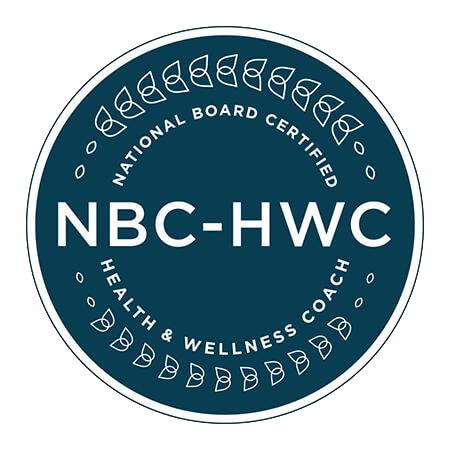About Me
I am a former research scientist and dog trainer whose own life got turned upside down by a series of foot injuries leading to a nerve entrapment and chronic pain, all complicated by an autoimmune disease.
In 2018, my official diagnoses included: carpal tunnel syndrome in both wrists, tarsal tunnel syndrome in both ankles, tennis elbow in both elbows, complex regional pain syndrome, hypothyroidism, irritable bowel syndrome, and multiple chemical sensitivity. I was having trouble maintaining weight and everything hurt. It hurt to chop vegetables or throw a ball for the dogs. I went from non-stop activity– teaching classes, hiking, maintaining a big vegetable garden, competing with my dogs in agility–to walking less than 3000 steps a day and using a wheelchair in airports and shopping malls.
While surgery was a key step to getting my foot working again, it didn’t resolve all the inflammatory problems, and my ankle still continued to swell up six months out from surgery. After wailing at the universe for an appropriate amount of time, I got serious about applying everything that functional medicine has to offer: an anti-inflammatory diet, mindfulness practices, health coaching, DNRS, rebuilding gut health etc. And it worked! The only diagnosis on that list that I still have is auto-immune hypothyroidism. I will need to be on thyroid medication for life, but it is well managed with the help of a thoughtful functional medicine doctor and a careful diet. I am happy to report that I am back to hiking, walking barefoot on the beach, and living a normal, healthy life. And it feels amazing!
Contact Me
(609) 527-4881



